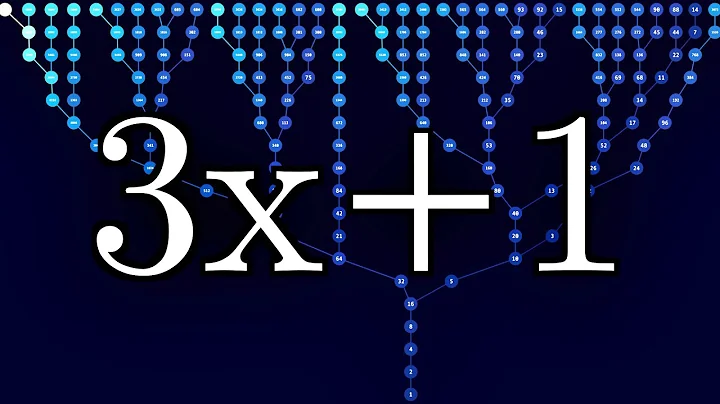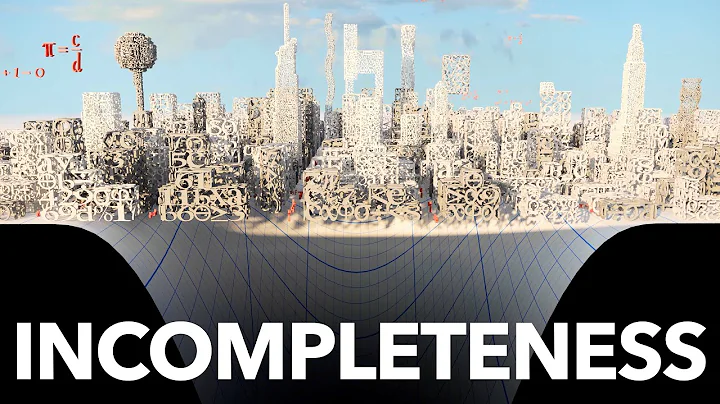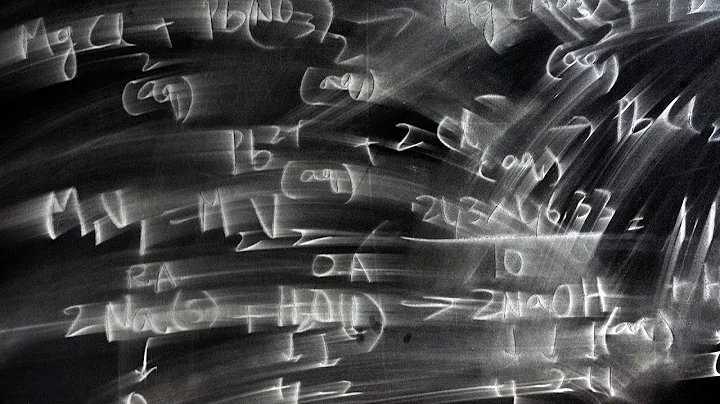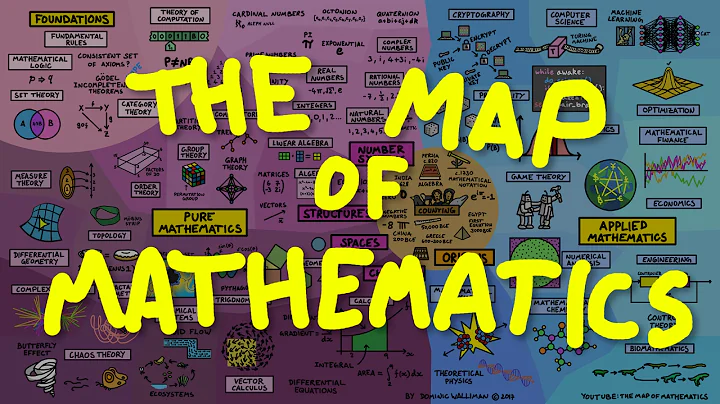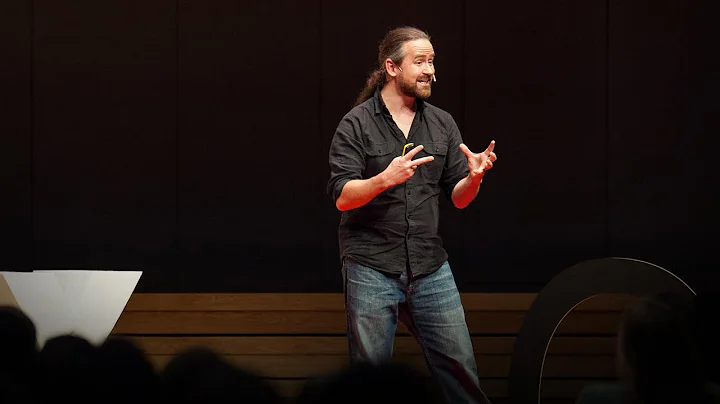approaches mathematics (1)
- What is mathematics
Feng Yuefeng
What is mathematics? Is it just some abstract symbols and complex formulas and theorems? Although this understanding cannot be said to be completely wrong, it can at least be said to be incorrect. comprehensive.
Mathematics is a highly abstract theoretical model. Its abstraction first comes from the simulation of objective things, phenomena, and laws, but it is not limited by objective things and can develop according to its own laws.
The original mathematics was nothing more than arithmetic and geometry, the source of geometry and the measurement of land, the source of arithmetic and the statistics and distribution of the fruits of labor. Therefore, it can be said that the simulation or abstraction of objective things is a major feature of mathematics, but it is not all of mathematics.

The axiomatic system made geometry a real science, and the variation of axiomatization led to the birth of non-Euclidean geometry. Non-Euclidean geometry is the product of the development of mathematics itself, rather than coming from the abstraction of objective things. It just reverses the initial production process of mathematics - instead of abstracting objective things into theories and then improving the theories, it starts from abstract Starting from theory, through its own perfection, it in turn portrays nature.

This is the development of geometry, and so is the development of arithmetic. The groups, rings, and fields in modern algebra are not simulations of natural phenomena, but further abstractions in mathematical research. In fact, a large amount of content in modern mathematics is no longer a simple simulation and abstraction of objective things. It is a continuously enriched and developed framework under certain theoretical assumptions (axiom system). All mathematical results can be regarded as They are the fruits or branches of this structure.
Therefore, generating new theories through the improvement of one's own theories, which in turn depicts nature, is another characteristic of mathematics.
The creation of calculus can better illustrate the above two characteristics of mathematics. Starting from the study of instantaneous speed of variable speed motion, the slope of the tangent line of the curve and other issues, the concept of "derivative" (simulation of objective things) was introduced; from the inverse operation of "derivative", the " indefinite integral " (own theory) was introduced perfection); the "definite integral" (simulation of objective things) was introduced from the calculation of the area of the curved trapezoid; and through mathematical discovery, the Newton-Leibniz formula was established, and the results obtained from two completely different problems were The mathematical abstraction of and are closely linked (the perfection of its own theory), reflecting the beauty and peculiarity of mathematics.

Today's calculus goes far beyond reflecting the slope of tangent lines, instantaneous speed in variable speed motion, and the area of curved trapezoids. This is the charm of the development of mathematics.
We know that mathematics was once defined as "the science of studying quantitative relationships and spatial forms." However, with the development of mathematics today, "quantitative relationships" and "spatial forms" can no longer reflect the full picture of mathematics. We do not need to give a precise definition of "mathematics" because it does not affect our study of mathematics and mathematics education. What's more, it is difficult to predict that the definition given today will be able to summarize the connotation of continuously developed mathematics tomorrow.
However, it can be seen from the development of mathematics that the rich content of mathematics is far more than just some concepts, formulas, and theorems. These are just the external manifestations of mathematics. Its essential content should at least include the following two aspects: one is the simulation or abstraction of objective things, and the other is the improvement and expansion of its own theory.
Based on this understanding, we divide mathematics into two aspects: "mathematical construction" and "mathematical discovery".
The so-called "mathematical construction" is to expand the original mathematical theory system or create a new mathematical theory system. For example: introducing symbols, naming, defining, setting axioms, etc.
The so-called "mathematical discovery" is to discover new mathematical conclusions in the existing theoretical system. For example: discovering theorems, formulas, rules, principles and methods of solving related mathematical problems, etc.

Mathematical construction and mathematical discovery actually belong to the category of mathematical creation, and mathematical creation produces mathematical knowledge. However, mathematical creation and mathematical knowledge cannot summarize the whole picture of mathematics.For example, what do people do to create this knowledge? The answer to this question does not rely on any other discipline, but on mathematics itself.
Therefore, another important aspect of mathematics is mathematical applications.
Mathematics applications include the application of mathematical knowledge to solve pure mathematical problems and the application of mathematical knowledge to solve some non-mathematical practical problems in production, life, education, and scientific research.
In fact, mathematics has been inseparable from a wide range of applications since its birth. But mathematics did not form a systematic subject from the beginning.
Therefore, another aspect of mathematics that is often overlooked is mathematical summary. It includes reshaping the existing structures, knowledge, methods, applications, etc. of mathematics to make them simpler, more practical, and more perfect, and systematically organizing the existing structures, knowledge, methods, applications, etc. of mathematics to make them simpler, more practical, and more perfect. It forms a complete logical system. The historical example of this work is the birth of Euclid's " Geometry Elements ".
The mathematical creation, mathematical application, and mathematical summary we discussed above are all dynamic contents of mathematics. We can summarize these contents as mathematical activities. It can be seen that mathematics should at least include two aspects: static content-mathematical knowledge, and dynamic content-mathematical activities. But both aspects are explicit forms of mathematics. We believe that mathematics also has an implicit form, which we call mathematical literacy.
What is mathematical literacy? Mathematical literacy is a comprehensive reflection of people’s mathematical concepts and mathematical wit.
The so-called mathematical concept is the way of thinking in dealing with mathematical problems. It is a macro-strategy for dealing with problems. Under the influence of mathematical concepts, people are accustomed to thinking and handling problems from a mathematical perspective. It usually manifests itself in the following two aspects:
First, thinking from the perspective of "mathematicalization of problems".
For example, when encountering the total number of problems, first consider the quantitative relationship, positional relationship, causal relationship, spatial form, and structural characteristics between the elements in the problem; or grasp the essence of the problem through the appearance of the problem, and abstract its essential characteristics into some Specific symbols or parameters can be used to describe the behavior of things through the operation and understanding of symbols; or a mathematical model can be established to realize various factors in the problem and their interrelationships in the model, and finally solve the problem with the help of the transformation of the model, etc. wait.

The second is to think from the perspective of "application of mathematical thinking methods", that is, to transfer the thinking methods of mathematical problem solving to current problems.
For example, when thinking about a problem, the subconscious mind always thinks of how mathematics solves the contradictions existing in its own development process; how mathematics discovers relevant conclusions and problems in existing systems, and how mathematics solves new problems we face. Questions and so on. The transfer of these ways of thinking often enables people to discover new ways to solve problems.
The so-called mathematical wit refers to the characteristics of mathematical thinking that people unknowingly show in the specific methods of dealing with relevant problems. It often manifests itself as some microscopic methods or techniques for solving specific problems. The emergence of such methods or techniques is The result of long-term effects of mathematical concepts. Mathematical concepts are always reflected through mathematical wit, and each occurrence of mathematical wit may be the result of the combined effect of multiple mathematical concepts.
From the above discussion, we have a relatively clear outline of the answer to the question "What is mathematics?" -
Mathematics can be divided into three aspects: mathematical knowledge, mathematical activities and mathematical quality. Mathematical knowledge includes definitions, theorems, formulas and rules, problem methods, etc. Mathematical activities can be divided into three aspects: mathematical creation, mathematical application and mathematical summary. Among them, mathematical creation includes mathematical construction and mathematical discovery, mathematical application includes application in mathematics and application in practical problems, mathematical summary includes simplification and systematization of complex and scattered mathematics; mathematical quality can be divided into mathematical concepts and Mathematical wit.
We can use the block diagram to represent it as follows:

Among them, knowledge is static, quality is implicit, and there are only mathematical activities, which are both explicit and active. Therefore, mathematical activities, especially mathematical thinking activities, are the core of mathematics.
